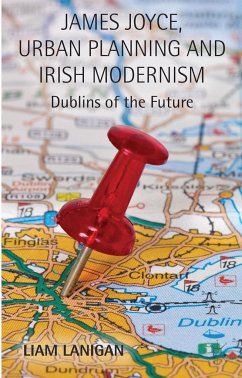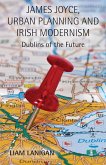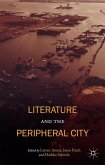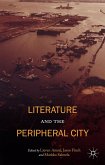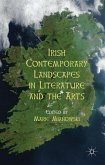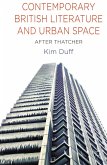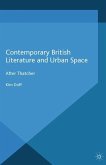Irish writing in the modernist era is often regarded as a largely rural affair, engaging with the city in fleeting, often disparaging ways, with Joyce cast as a defiant exception. This book shows how an urban modernist tradition, responsive to the particular political, social, and cultural conditions of Dublin, emerged in Ireland at this time.
"James Joyce, Urban Planning and Irish Modernism is effectively divided into two parts, with the first focusing upon Irish Modernist fiction before Joyce, and the second examining Joyce and his aftermath. ... this is an assured and incisive intervention in both Joycean and Irish studies scholarship, offering a unique insight into the hitherto obscured intersections of Irish literature and Irish planning." (Stephen O'Neill, Notes and Queries, Vol. 63 (3), September, 2016)
"Lanigan's book offers to Joyce scholars several useful new contexts in which to reread, and rediscover, Joyce's fictions. It also suggests, to scholars of Irish literature or urban literature, new ways to think about literary representations of Dublin before and after Joyce." (Michael Rubenstein, James Joyce Quarterly, Vol. 53 (1-2),2015-2016)
"This study provides a useful historic reminder of architectural modes and issues and recalls the first professional manifestation of town planning in Ireland ... . this is an essential ... addition to the burgeoning analysis of the birth pangs of Irish town planning." (Fergal MacCabe, Pleanáil, Issue 21, 2015-2016)
"Lanigan's book offers to Joyce scholars several useful new contexts in which to reread, and rediscover, Joyce's fictions. It also suggests, to scholars of Irish literature or urban literature, new ways to think about literary representations of Dublin before and after Joyce." (Michael Rubenstein, James Joyce Quarterly, Vol. 53 (1-2),2015-2016)
"This study provides a useful historic reminder of architectural modes and issues and recalls the first professional manifestation of town planning in Ireland ... . this is an essential ... addition to the burgeoning analysis of the birth pangs of Irish town planning." (Fergal MacCabe, Pleanáil, Issue 21, 2015-2016)

